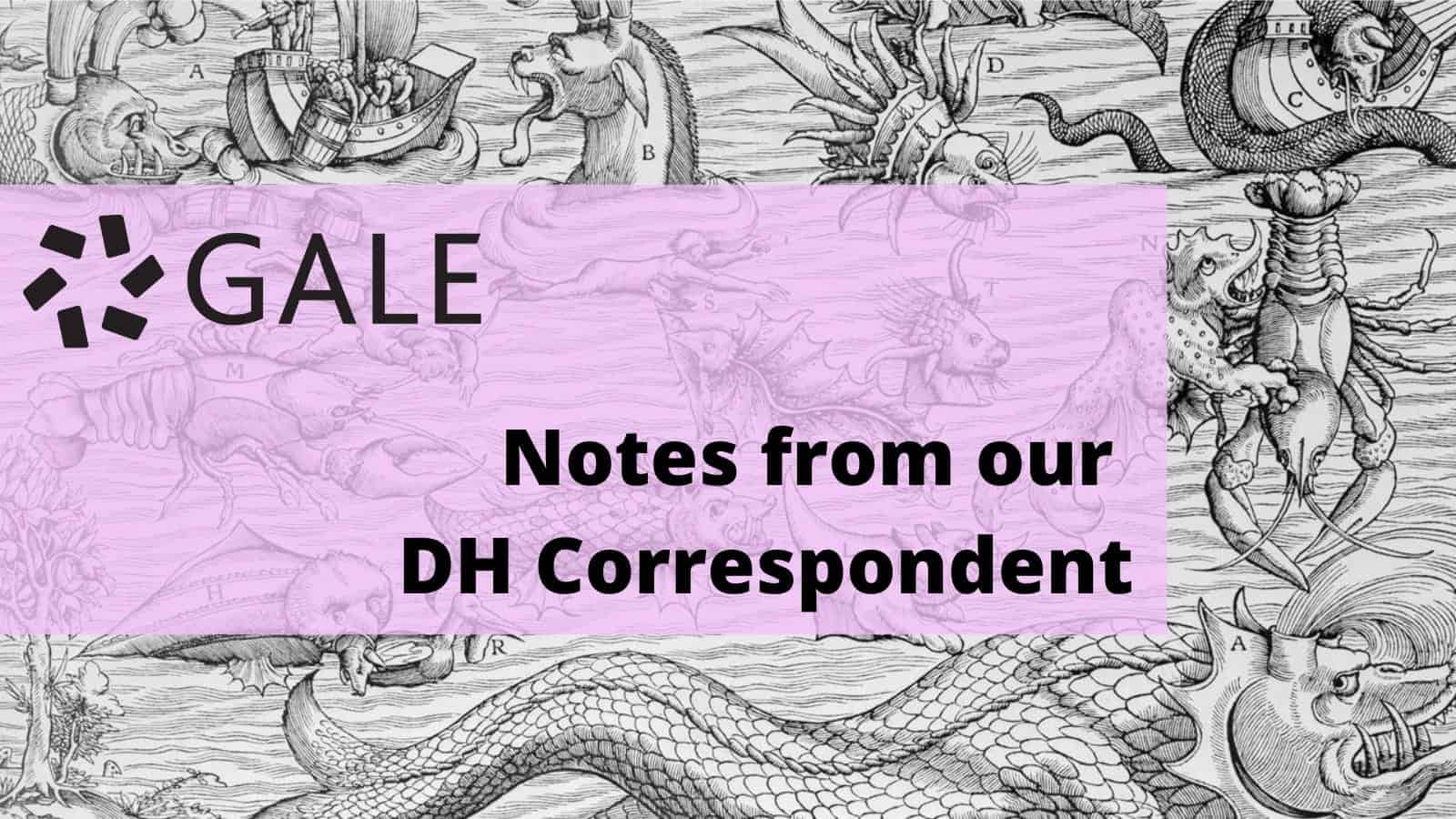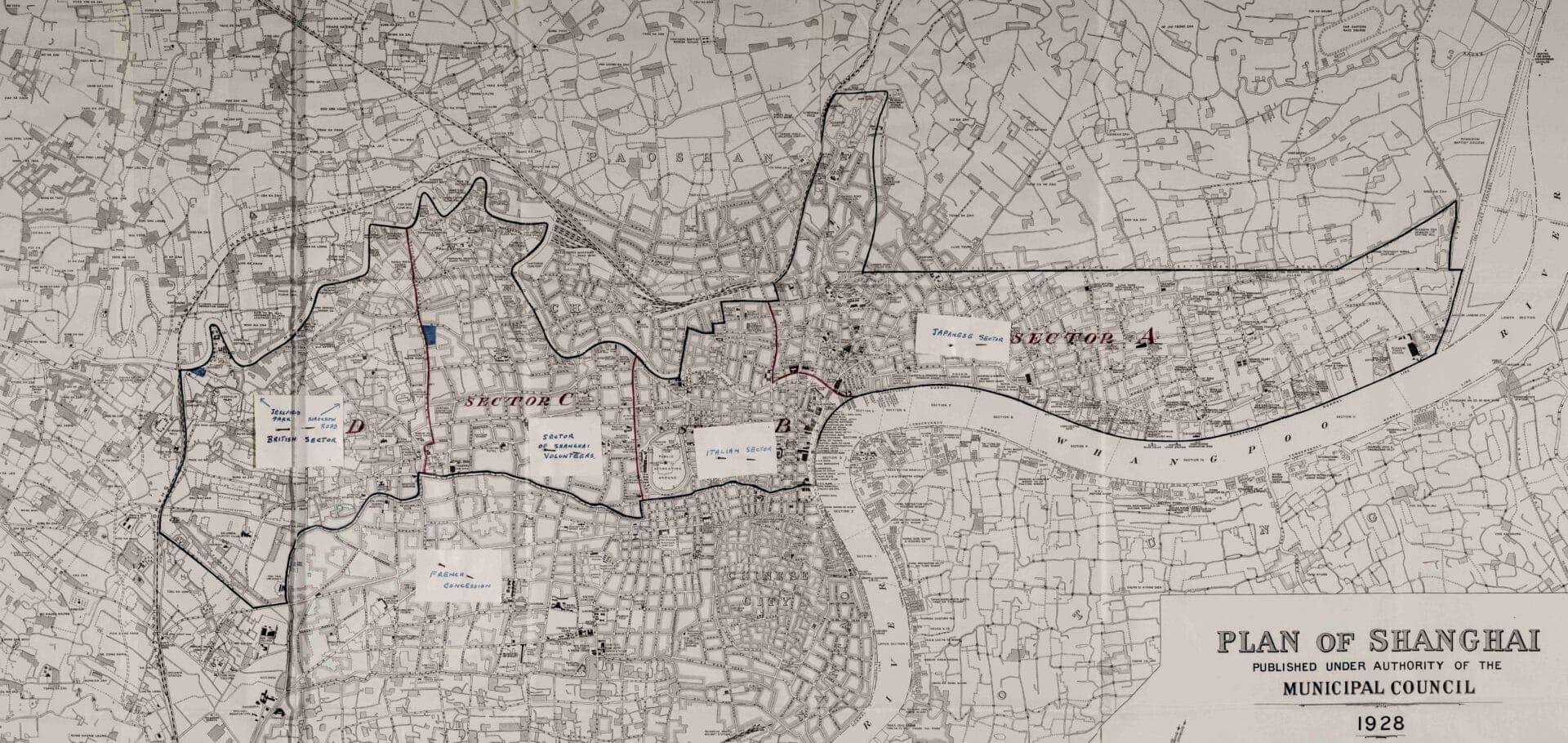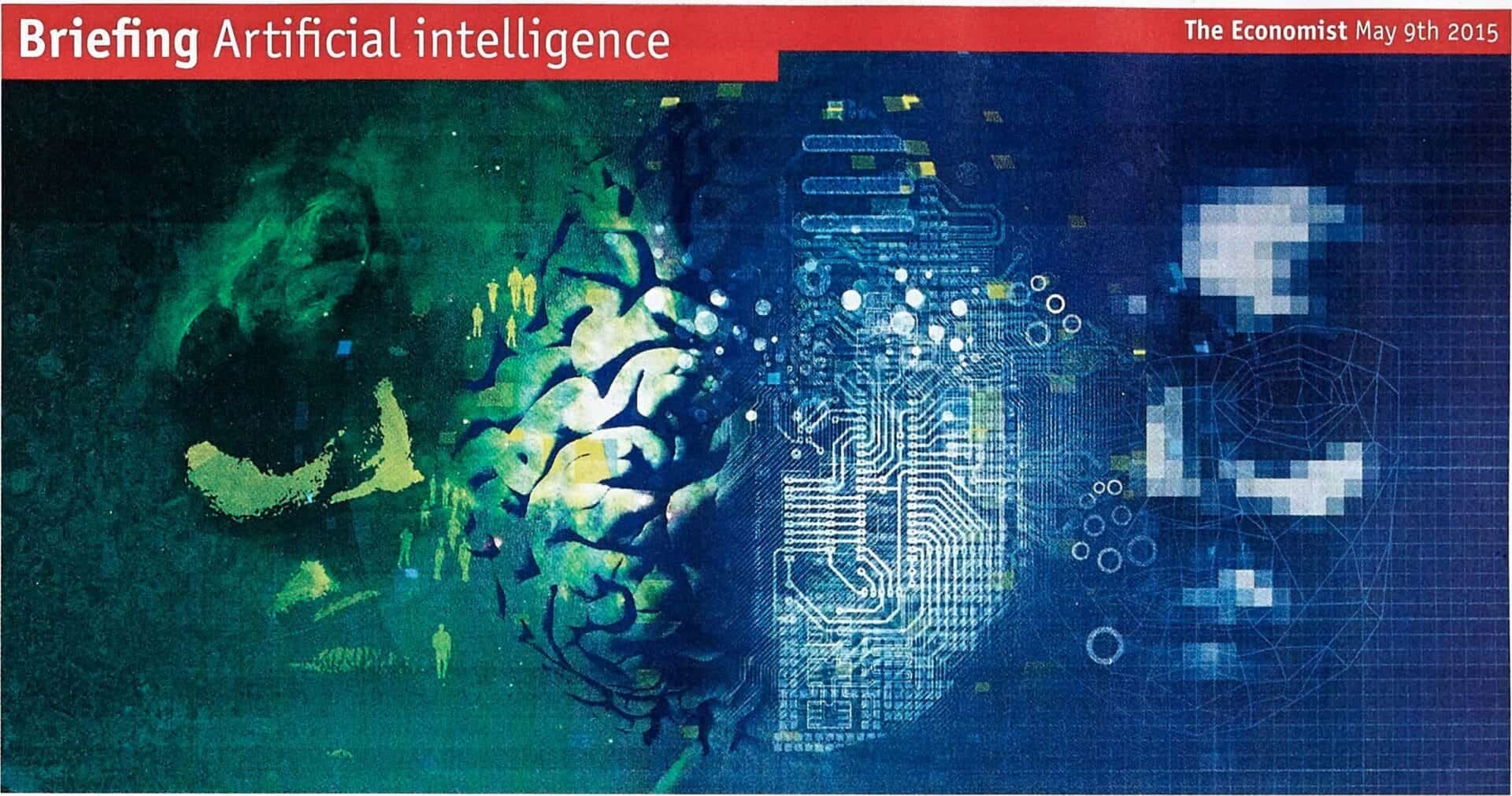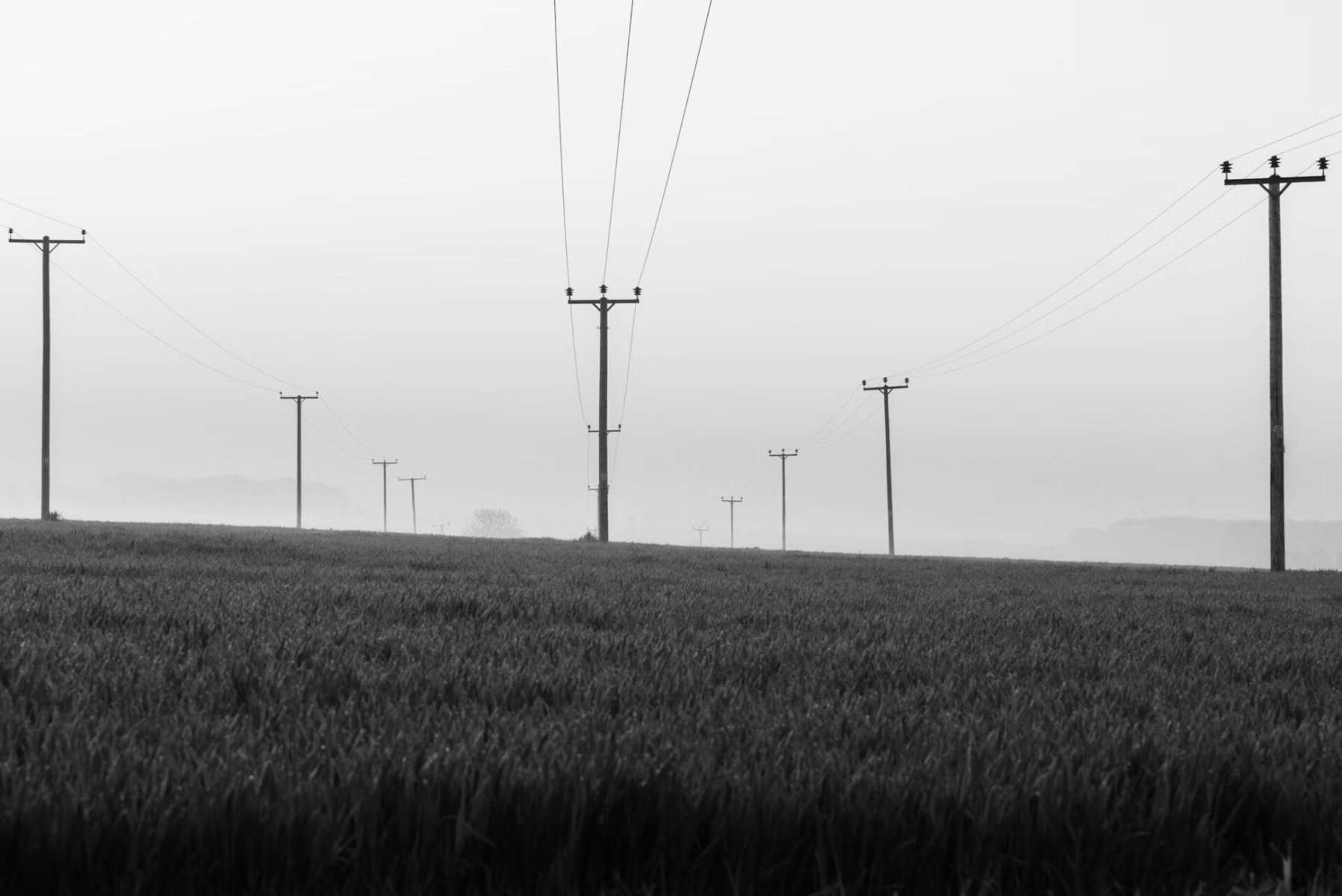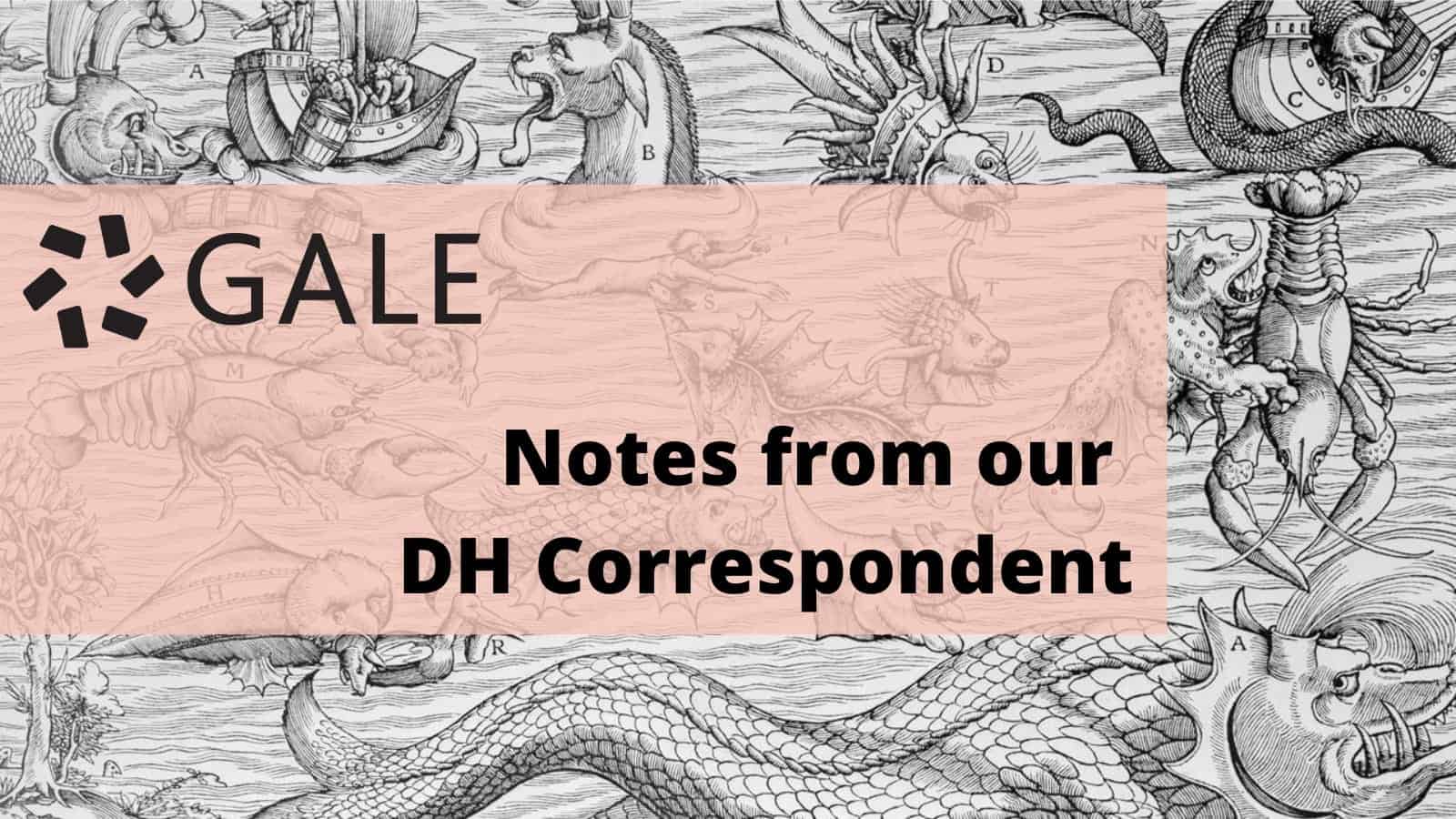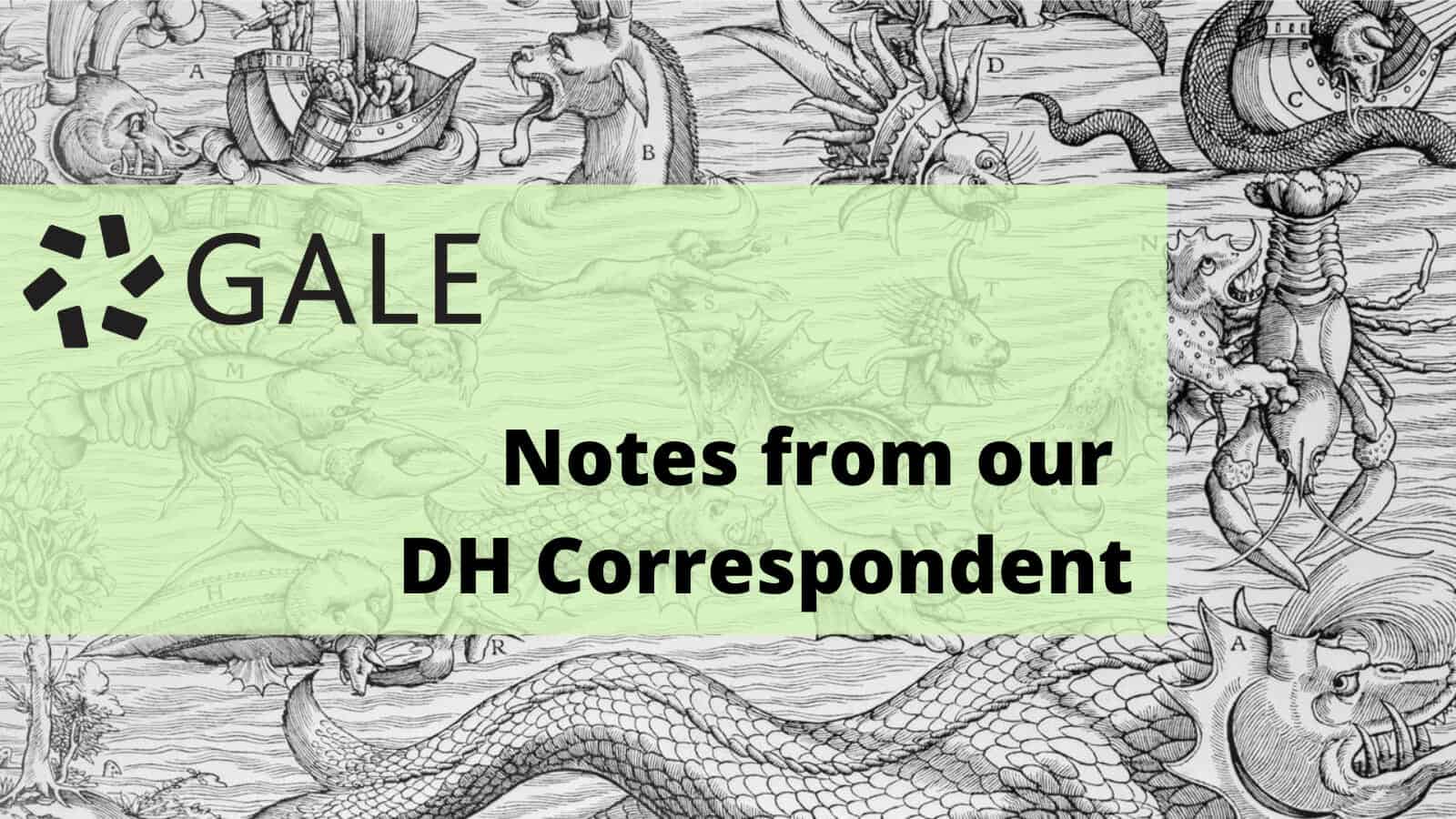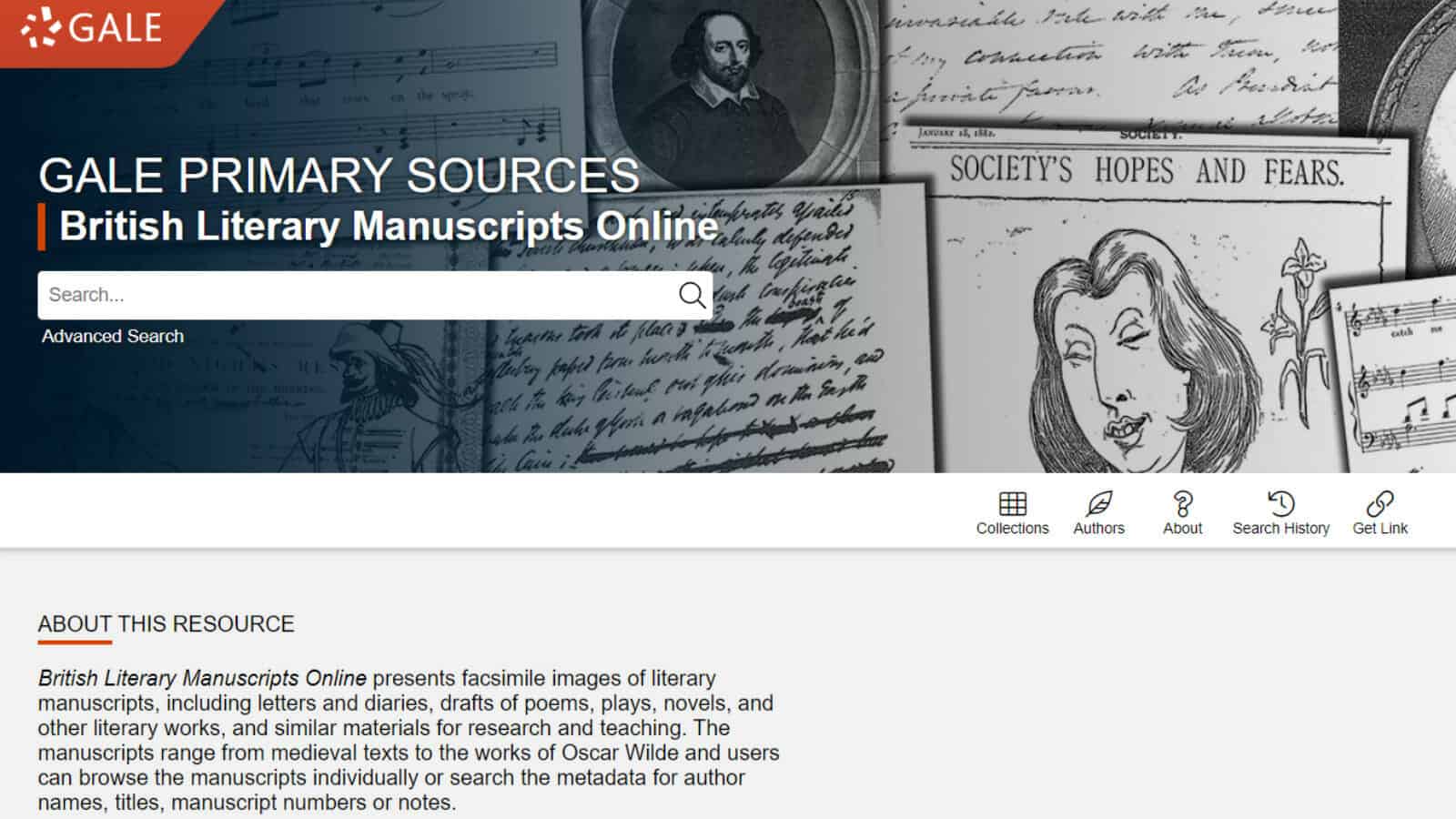│By Sarah L. Ketchley, Senior Digital Humanities Specialist│
One of six embedded tools in Gale Digital Scholar Lab, Named Entity Recognition (NER) processes Optical Character Recognition (OCR) text data and captures information about a range of words defined as ‘entities’, detailed below. The tool is ideally suited for text-based analysis, including text encoding and mapping. This blog post will discuss some of the highlights of the Lab’s NER tool, and things to bear in mind when creating an analysis configuration. We’ll finish with a couple of sample use cases to inspire your own NER analysis.

